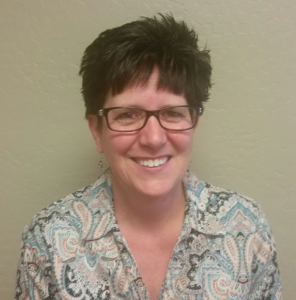

Gaye Champine, Program Coordinator and Heidi Lervik, Assistive Technology Specialist,
Arizona Technology Access Program
Wednesday, May 25, 2020
2:30-4:00 pm,
The ASA Great Room
Assistive technology consists of products, systems and services developed for people who, because of serious physical or mental impairment, have difficulty with ordinary tasks. In order for these people to fully participate in work, education, family and community life, they need extra help.
Assistive technology has been recognized as a human rights obligation by 157 members of the United Nations. These countries have pledged to ensure that their disabled citizens have access to affordable, high-quality assistive devices. A recent estimate, however, found that only one in ten people who need such help has access to it.
Assistive devices can be classified by sophistication — ranging from low tech to complex — and by function:
- Mobility devices – e.g., wheelchairs
- Vision aids – e.g., Braille
- 3. Hearing assistance – e.g., cochlear implants
- Communication devices – e.g., sign language
- Memory devices – e.g., pill dispensers
- Hygiene aids – e.g., raised toilet seats.
Arizona has many such facilities to serve its citizens. Among these is the Arizona Technology Access Program at NAU. AzTAP offers a comprehensive program which extends to client consultation, technical assistance, and financial aid. Staff members Gaye Champine and Heidi Lervik will speak to us on assistive technology in general and on the particular services AzTAP has to offer. Together they have four decades of experience in the field.
Ms. Champine joined AzTAP in 2020 and is Program Coordinator for financial loans, reuse and refurbish programs. She came to AzTAP from the state of Arizona’s Rehabilitation Services Administration, working with the visually impaired. Ms. Lervik has long worked at various Arizona programs for the disabled, primarily on hearing disorders. She has a Master’s in Rehabilitative Counseling from UA and is a Certified Rehabilitation Counselor (CRC) and a RESNA-certified Assistive Technology Professional (ATP).
Preview by Roxy Mitchem-Horn, Academy Village
